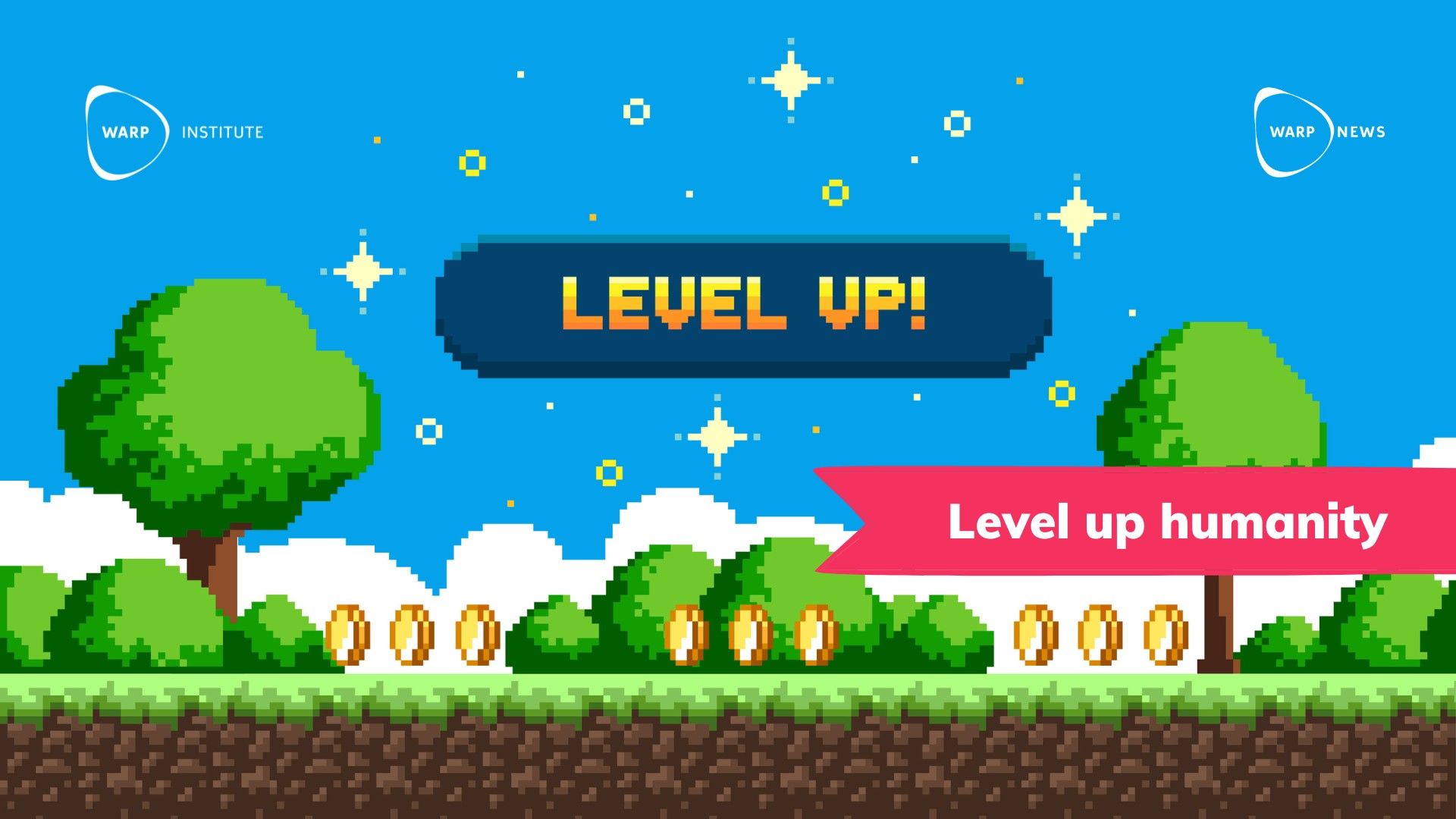
🌊 Book tips: The art of working Upstream
Most things in society today are still reactive - we are constantly trying to fix and patch up what has become broken. But what if we could use the resources to prevent the problem arose in the first place?
Share this story!
This is what Dan Heath's new book Upstream - The Quest to Solve Problems Before They Happen is about.
For someone who has become ill or robbed, it certainly feels discouraging to hear that we should improve our knowledge of nutrition in primary school or work to strengthen young people so that fewer become teenage parents and give birth to children in crime. In other words: measures that can have an effect in many years.
But at the societal level, efforts must be made from both sides at the same time. Dan Heath believes that we can not only focus on rescuing those who float down the river - downstream - we also need to go upstream to address the basic problems. Why do people end up in the river from the beginning?
Dan Heath is a senior fellow at Duke University's Center for the Advancement of Social Entrepreneurship (CASE). Together with his brother Chip, he forms the author duo Heath Brothers, which has resulted in books such as The Power of Moments, Decisive, Switch and Made to Stick.
Upstream (which he wrote on his own) is hopeful because it shows that there are enormous societal benefits and opportunities for efficiency if we only make sure to measure the right things. If a company's customer service, for example, aims to handle as many cases as possible, then who works to ensure that these cases do not arise from the beginning? Police officers who chase a certain type of metric more or less consciously create behaviors to boost their numbers. Is the health care system rewarded by us becoming ill or healthy?
In other words, it is quick to create self-fulfilling circles that contribute to unforeseen consequences, contrary to what one had thought from the beginning.
A common example is the "cobra effect": When Britain ruled India, the British government wanted to limit the number of dangerous cobras in Delhi. Said and done, the Indians were rewarded for every cobra they managed to capture and kill. Effective! But pretty soon, more enterprising snake catchers realized that it was lucrative to start breeding new snakes to make the most of the incentive system. When the British heard about this, the payments were dropped immediately, after which the bred snakes were released. The cobra population was now larger than ever.
Or, as Dan Heath constantly returns to in the book: "Every system is perfectly designed to create just the result it gets."
It is easy to see on paper the obviousness of the long-term, preventive work. But in practice it is all the more difficult. Who dares to invest in a community initiative that may pay dividends 10, 20 or 30 years later? And who will reap the benefits of a possible success? Getting to the root of the problem probably makes it harder to measure this success at all.
In any case, Upstream gives us a lot of concrete examples of when upstream measures have been successful, and the author offers a way of thinking that will be increasingly valuable in the future - especially now in times when many things need to be rebuilt. Business, politics, healthcare systems and pandemic resilience, for example.
In my own book What Happens Now with the Future - 20 Visions of Sweden after the corona, we constantly return to long-termism, cross-sectoral collaborations and preventive work. If you know Swedish, feel free to buy it together with Upstream and get ready for autumn!
By becoming a premium supporter, you help in the creation and sharing of fact-based optimistic news all over the world.


